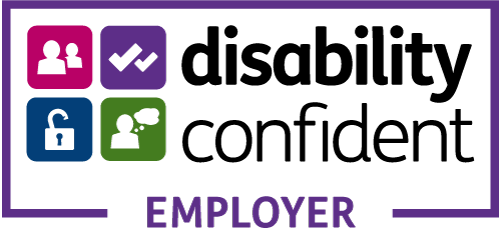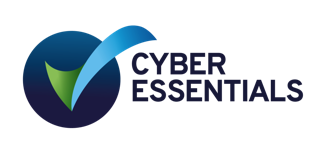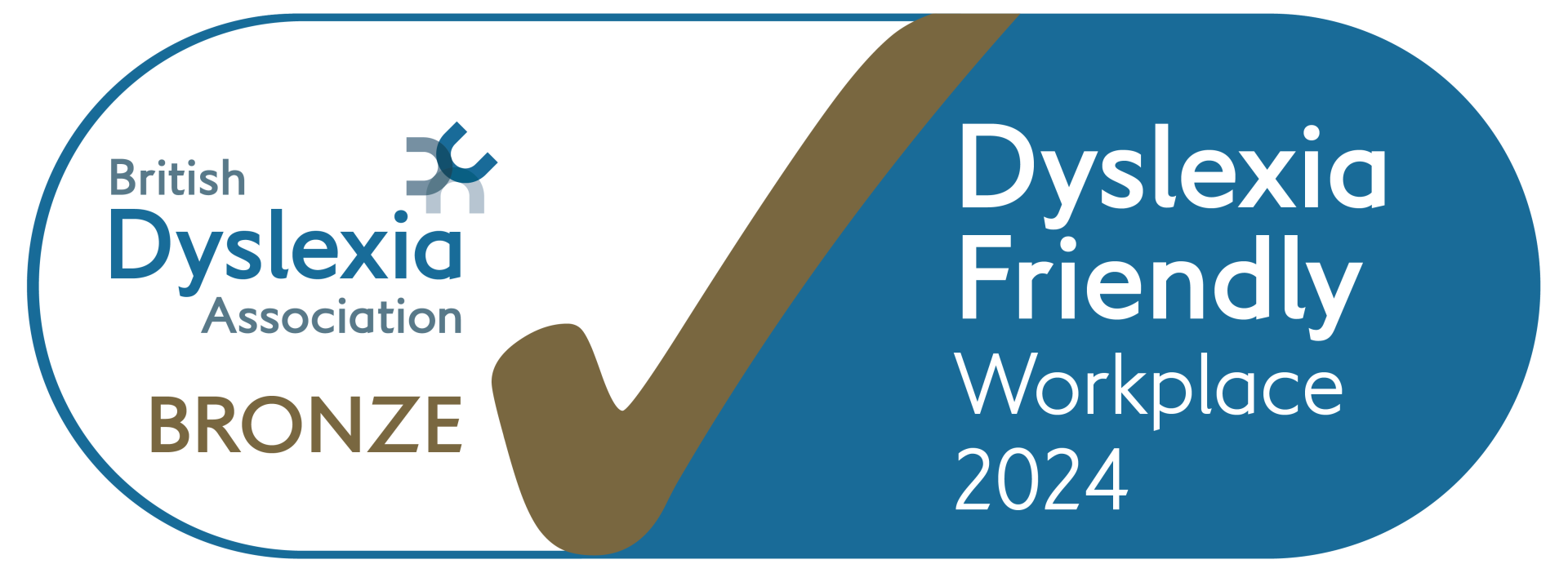Additional resources
Books
The Role of Assistive Technology in Fostering Inclusive Education: Strategies and Tools to Support Change
Hoogerwerf 2022
Summary
Experiencing Special Educational Needs and Disability:
Lessons for Practice
Norwich 2017
Summary
Assistive Technology Assessment Handbook
Federici & Scherer 2017
Summary
Disability Inclusion
and Inclusive
Education
Chennat 2019
Summary
Assistive Technologies:
Principles & Practice
Cook, Polgar & Encarnaçã 2020
Summary
The book serves as a comprehensive guide on the subject of assistive technologies. This book dives into the theoretical principles underlying assistive technologies while illustrating the application of these principles in practical contexts. The authors delve into the design and use of assistive technologies, discussing their role in enhancing the lives of disabled people. The book covers a broad spectrum of technologies, ranging from those aiding mobility, communication, and cognition to those supporting independent living. It emphasises an interdisciplinary approach, incorporating insights from healthcare, engineering, and social sciences to provide a holistic understanding of assistive technologies' roles and potentials. The guide also includes case studies, design considerations, and ethical discussions to prepare students, clinicians, and researchers for informed and compassionate practice in the field of assistive technologies.
Disability and Technology:
An Interdisciplinary and International Approach
Roulstone 2016
Summary
"Disability and Technology" by Alan Roulstone, offers a comprehensive exploration of the intersection of disability studies and technology, from both international and interdisciplinary perspectives. This book delves into the complex relationship between technology, society, and disability, analysing how assistive and mainstream technologies can influence disabled people's identities, empowerment, and participation in society. Roulstone illuminates the potential of technology in facilitating independence and enhancing quality of life for disabled people, while also critically examining the barriers and issues related to access, use, design, policy, and societal attitudes. Drawing from various disciplines and featuring global perspectives, the book aims to foster a nuanced understanding of the role of technology in disability, pushing for inclusive design and equitable access in a digitally evolving world.
Academic Journals
Disability & Society
International Journal of Inclusive Education
Assistive Technology
Assistive Technology Outcomes & Benefit
Journal Articles
Beyond Brainstorming: Mind Mapping is more than a note taking or brainstorming strategy
The article discusses the concept of mind mapping as a tool for creative thinking, critical thinking, decision-making, and studying. It cites studies that suggest mind mapping produces comparable or superior results to traditional note-taking strategies.
Managing the transition to university for disabled students
The paper examines mechanisms for managing the transition from school/college/work to university for disabled students. The research project using a case study methodology in a UK university department was conducted over a four year period.
How speech technologies can help people with disabilities
The paper covers different types of disabilities such as visual, hearing, and speech, as well as physical disabilities. The article explains how text-to-speech (TTS) technology can be used as an aid for visually impaired computer users, allowing them to access and manipulate text on their devices
Technology for people, not disabilities: ensuring access and inclusion
Journal of Research in Special Educational Needs
The authors propose alternative ways of thinking about inclusive and accessible technology and provide practical ways that accessible technologies can promote greater access and flexibility for disabled students.
Seeking information about assistive technology: Exploring current practices, challenges, and the need for smarter systems
This research paper on the topic of assistive technology (AT) and its accessibility. It discusses the challenges faced by disabled people in accessing AT, including information barriers and the need for individualised approaches.
Assistive technologies, educational engagement and psychosocial outcomes among students with disabilities in higher education
The aim of this study was to examine met/unmet AT needs on educational engagement, academic self-efficacy and well-being and the impact of AT use in the areas of competence, adaptability and self-esteem for students with disabilities in higher education in Ireland.
Web Resources
Aventido blog
Disability Rights UK
SFE guidance for Assessment Centres
Resources for DSA Needs Assessors
nasen - Assistive Technology resources
House of Lords Library: Assistive technology in education and employment
Reports and Case Studies





